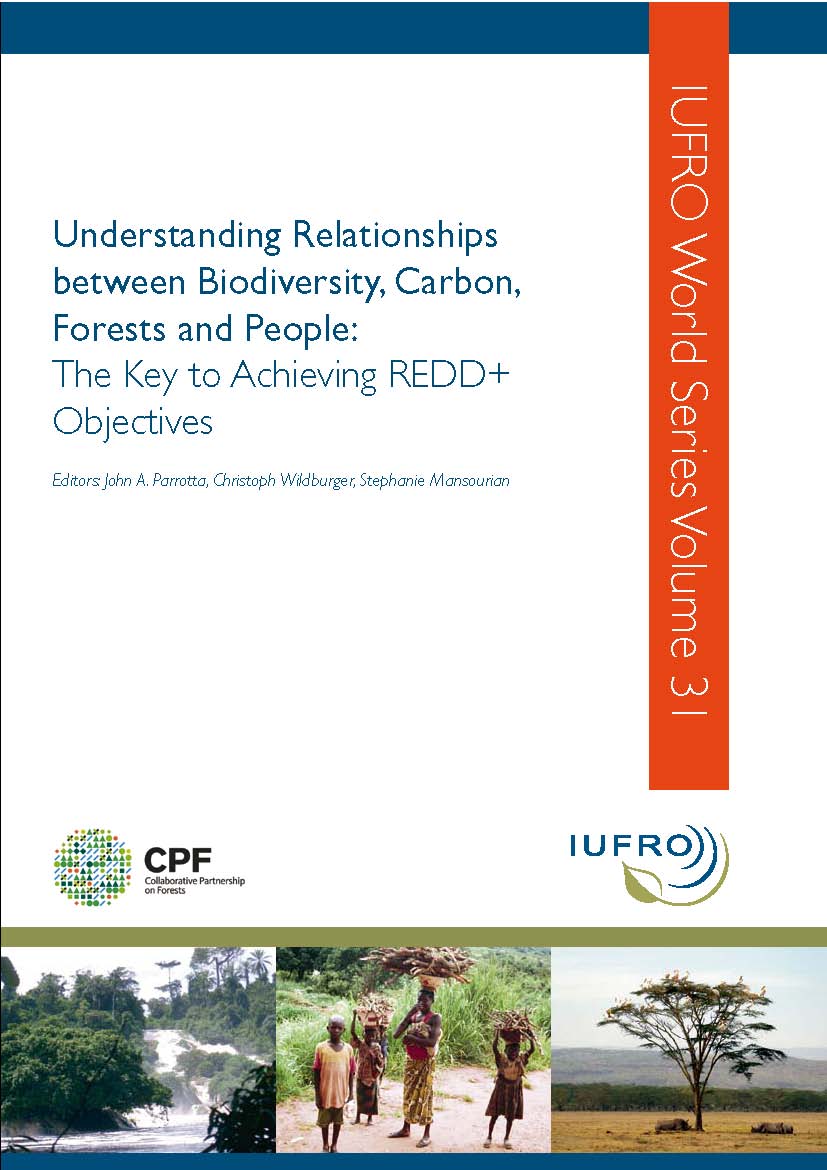Farmers in Kisumu and Trans Nzoia counties, Kenya, were aware of more adaptation than coping measures for dealing with rainfall variability both on and off-farm. Interviews with female and male farmer groups revealed that they all experienced challenges related to increasing rainfall variability whether or not they had regular access to advisory services. Men identified more measures than women and had better access to learning sources. Farmers in Kisumu were aware of more measures than those in Trans Nzoia but thought them less effective. Money, knowledge and labor were the most limiting factors preventing the uptake of adaptation measures.
DOI:
https://doi.org/10.1080/21683565.2020.1782305
Pontuação Altmetric:
Dimensões Contagem de citações:


















